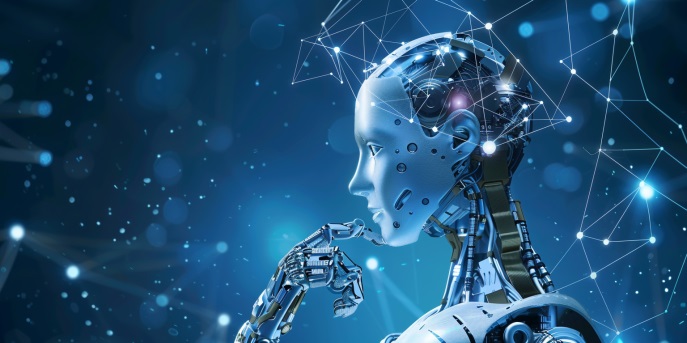The landscape of artificial intelligence (AI) has experienced a seismic shift, with recent innovations shattering the conventional boundaries of what machines can accomplish. Gone are the days when AI’s acumen was confined to mere visual tasks, today’s AI systems, powered by transformative models such as Transformers, are mastering the subtle nuances of human language. What once seemed like the realm of science fiction is now a living reality, with sophisticated interfaces like ChatGPT and Claude redefining human interaction with technology. These AI marvels are not only expanding the frontiers of machine intelligence but also making it more accessible to people around the globe. However, as we stand at the precipice of AI’s burgeoning era, we’re met with a mix of unbridled enthusiasm and cautious contemplation regarding its impact on the fabric of society.
AI’s Positive Influence
Advancements in Healthcare
The medical field has been one of AI’s most celebrated beneficiaries. With diagnostic imaging becoming increasingly reliant on AI algorithms, the technology is enhancing precision and streamlining workloads for medical professionals. Beyond scanning and spotting anomalies, AI is opening new avenues in the treatment of mental health and neurodegenerative diseases. Nevertheless, we shouldn’t overlook challenges such as privacy concerns in the handling of sensitive patient data and the necessity to build trust in AI’s diagnostic decisions among practitioners and patients alike.
Solving Global Issues
AI’s capability extends beyond the confines of healthcare, offering promising solutions to some of the most daunting global challenges. Take climate change, for example; AI systems have the unique potential to optimize resource management and conduct advanced ecological analyses, helping mitigate the effects of global warming. The advantages don’t stop there—across sectors like transportation, environmental monitoring, and business, AI’s precision and efficiency are making unprecedented contributions. It serves as a beacon of hope, a tool that might allow humanity to thrive by meeting complex challenges head-on with innovative, data-driven strategies.
Challenges and Ethical Considerations
Navigating Ethical Dilemmas
As AI surges forward, it carries with it a multitude of ethical quandaries. The core issue revolves around the balance of benefit and potential harm. For instance, while AI can automate tedious tasks, this convenience may come at the price of widespread job displacement. Additionally, there’s a rising concern that the biases inherent within AI systems could further entrench societal disparities. These ethical considerations necessitate a thoughtful approach to the evolution of AI, ensuring that the path we take is one that aligns with our collective values and the greater good.
Addressing Security and Privacy Concerns
The integration of AI into healthcare has raised significant concerns regarding security and privacy. As AI revolutionizes the sector by enhancing diagnostic imaging and expanding treatment options for mental and neurological health, protecting sensitive patient data has emerged as a critical issue. It is imperative to reinforce patient confidentiality and trust in AI’s diagnostic capabilities, as these technologies become more deeply ingrained in healthcare processes. Facing these challenges and ethical considerations, we must strategically navigate the incorporation of AI to respect the importance of privacy and garner trust from healthcare professionals and patients. As AI champions new frontiers in medicine, we are tasked with the dual responsibilities of embracing its potential and conscientiously addressing the accompanying complexities.

